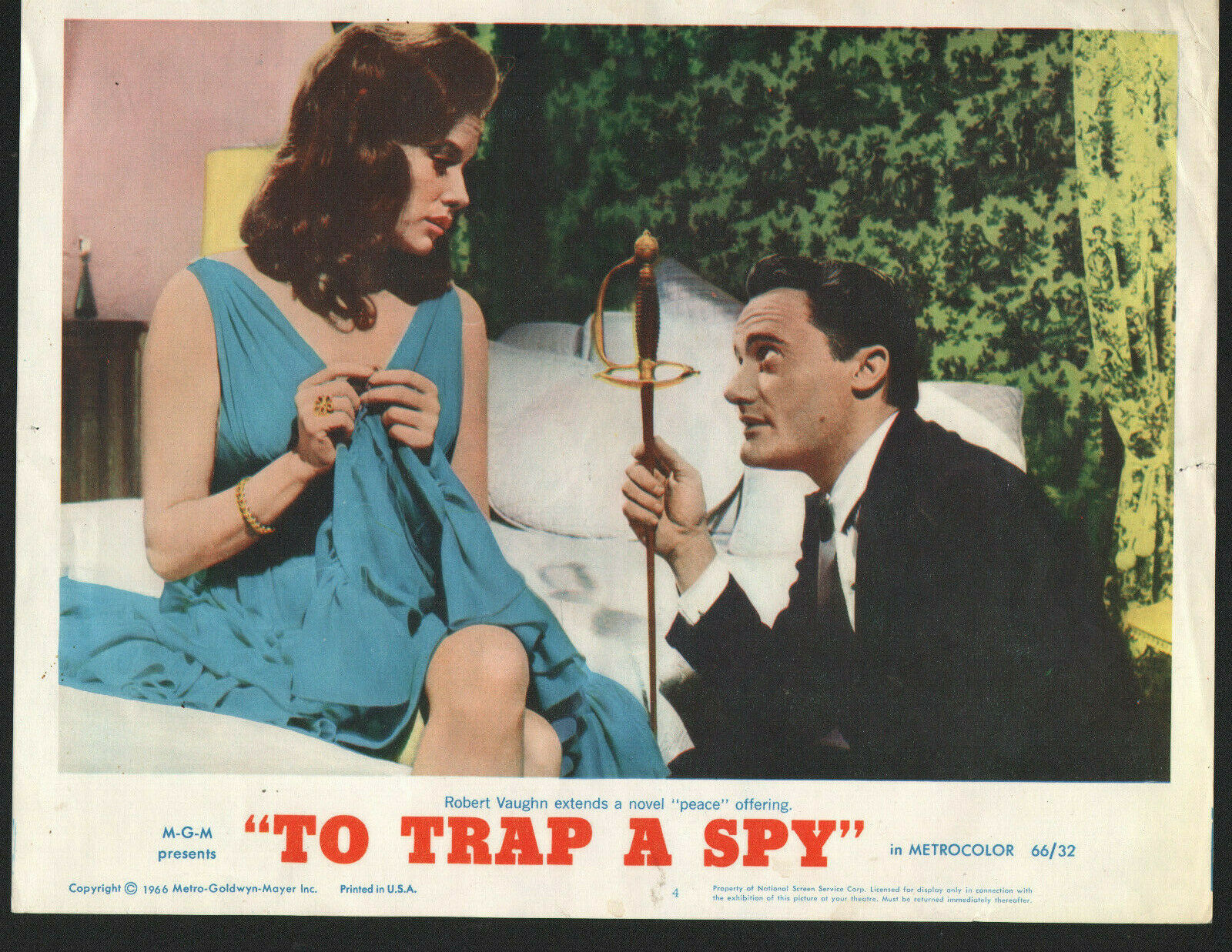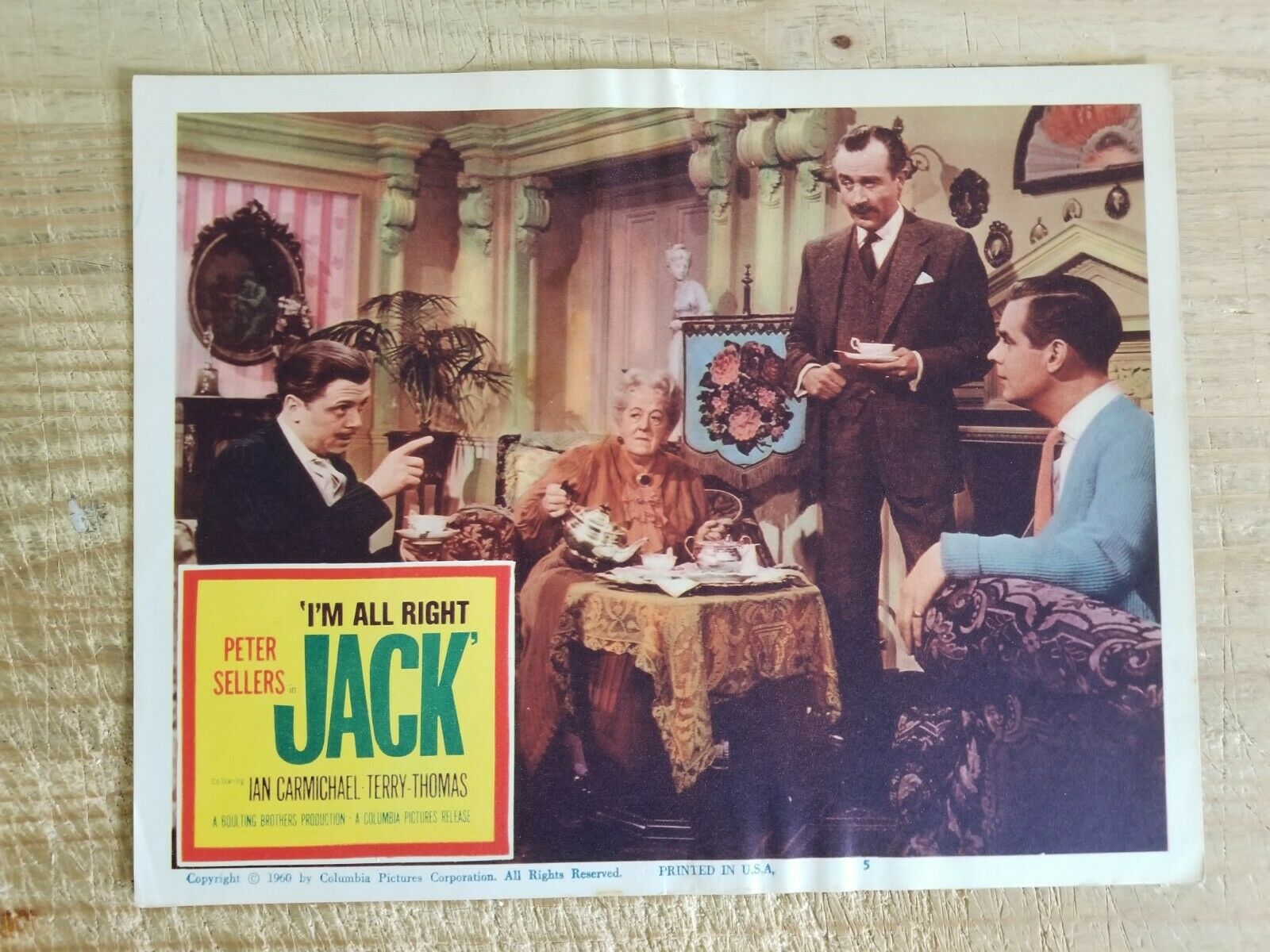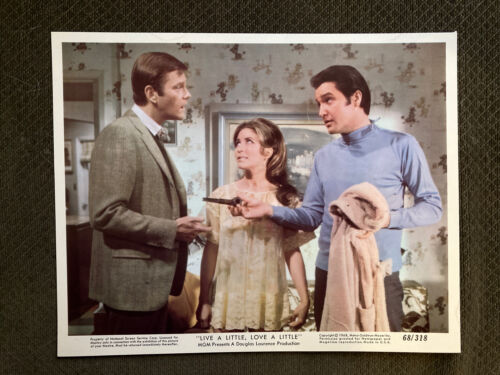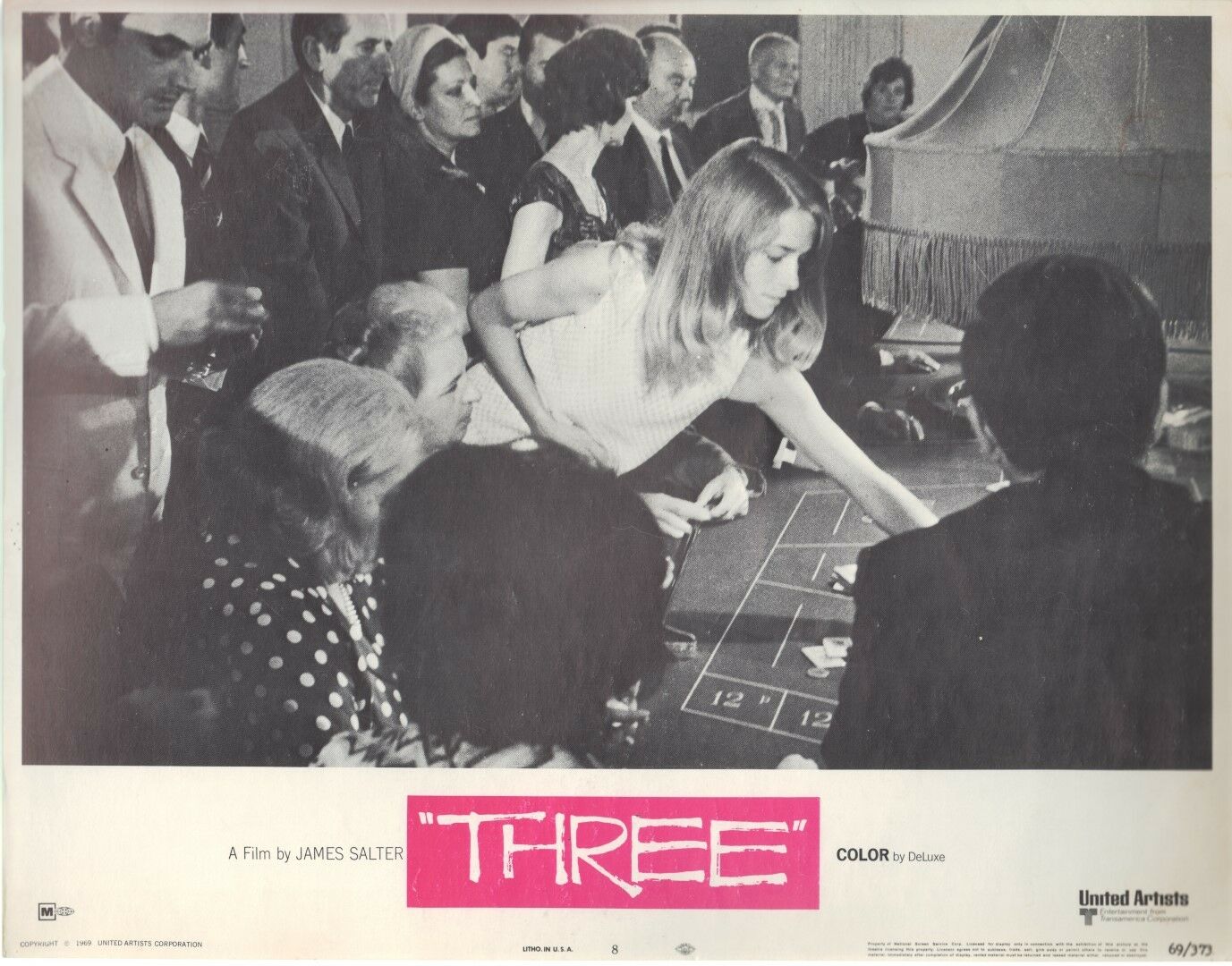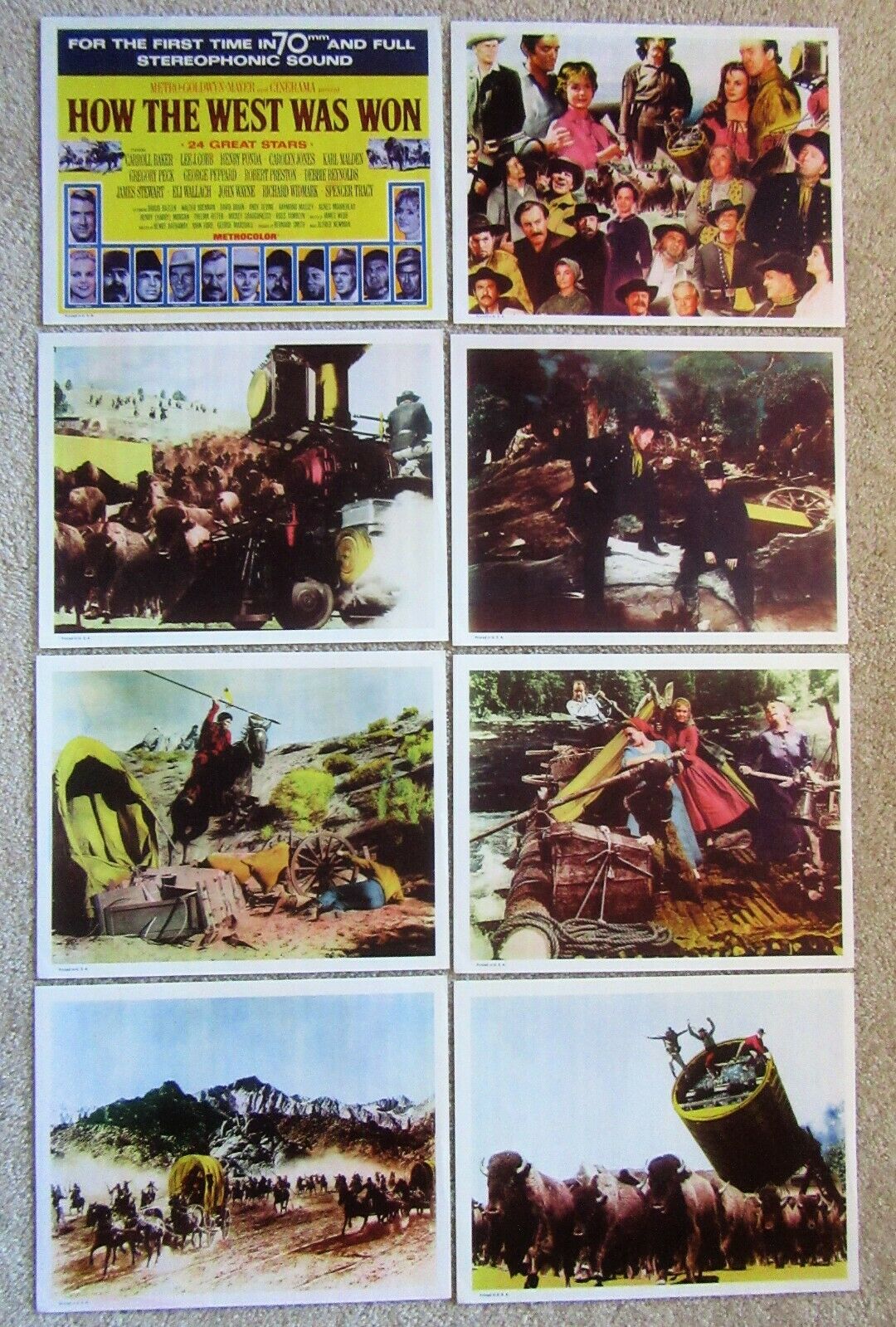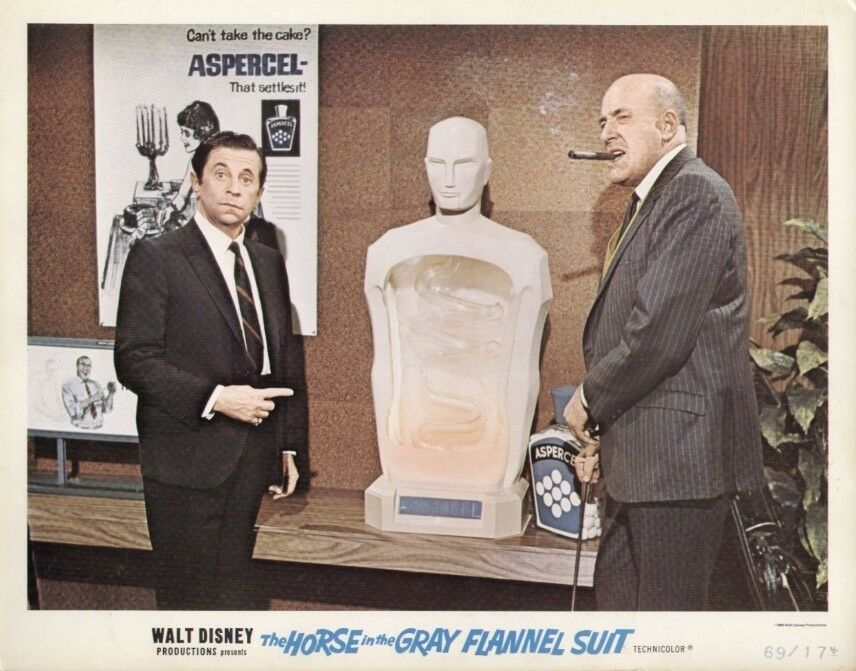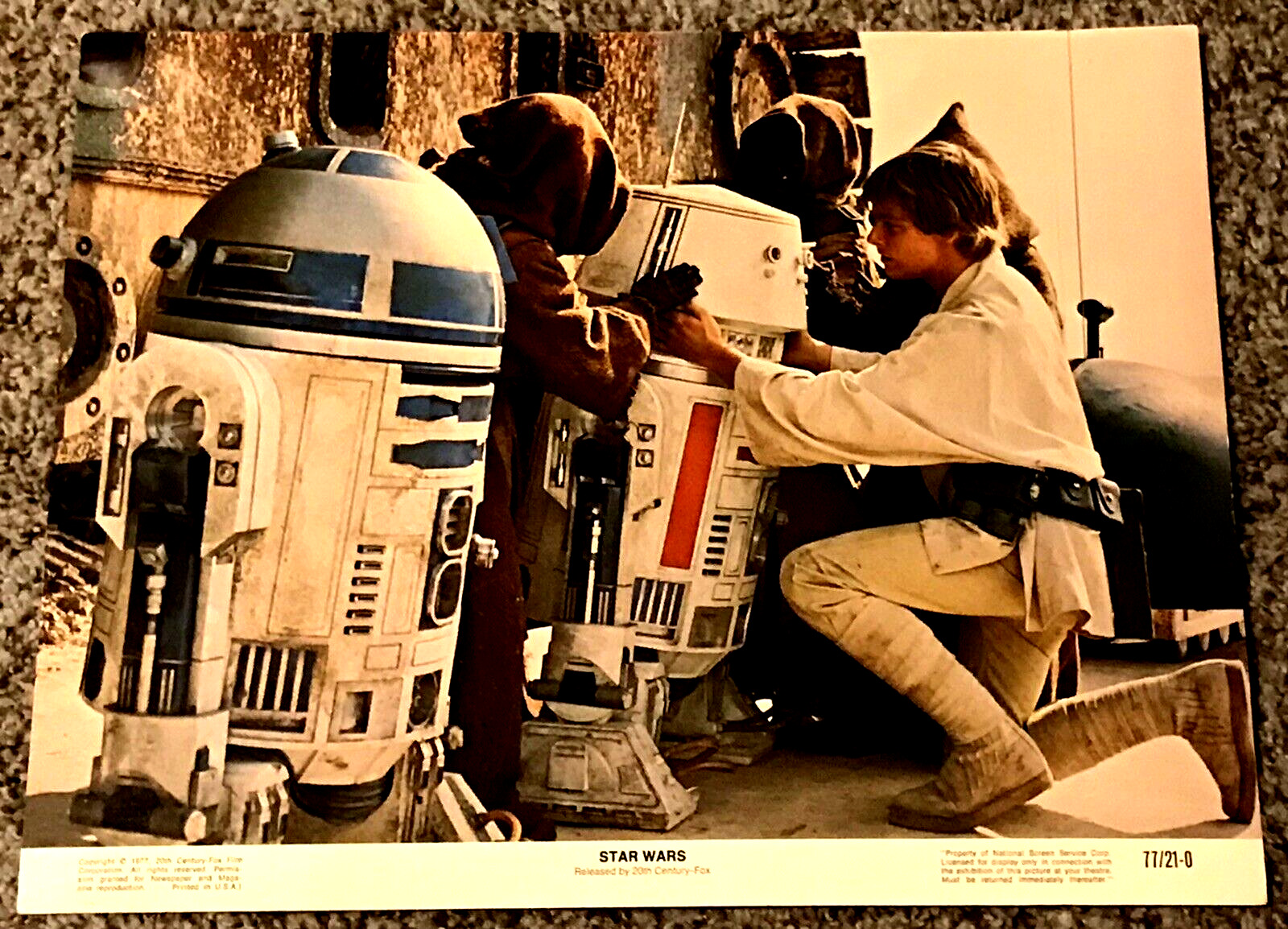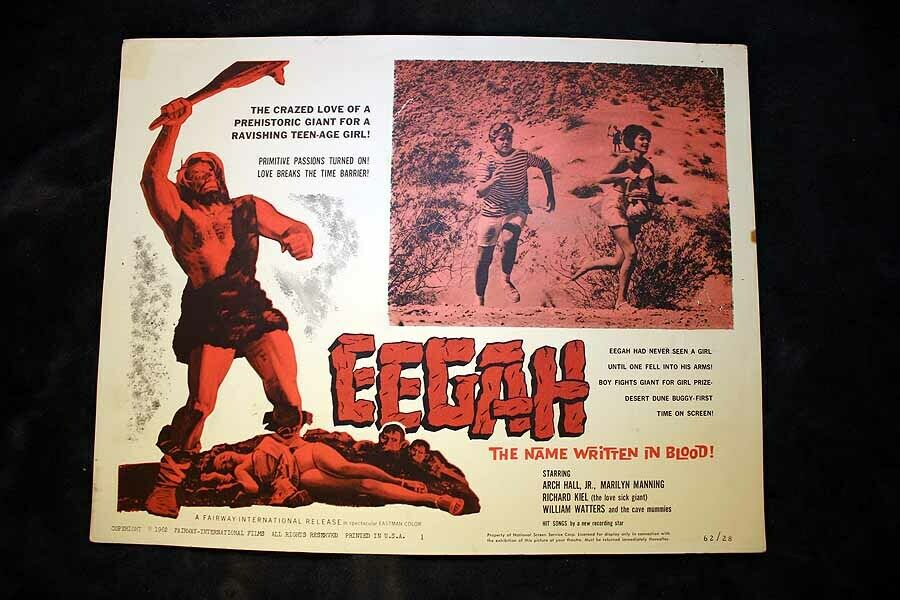-40%
JACK LEMMON Lobby Card Billy Wilder acerbic comedy FORTUNE COOKIE 1966 Ron Rich
$ 3.41
- Description
- Size Guide
Description
(This looks MUCH better than the picture above.)JACK LEMMON Lobby Card Billy Wilder’s acerbic comedy THE FORTUNE COOKIE 1966 Ron Rich
This 11 x 14 inch Lobby Card would look great framed on display in your home theater or to add to your portfolio or scrapbook! Some dealers buy my lots (see my other auctions) to break up and sell separately at classic film conventions at much higher prices than my low minimum. A worthy investment for gift giving too!
PLEASE BE PATIENT WHILE ALL PICTURES LOAD
After checking out this item please look at my other unique silent motion picture memorabilia and Hollywood film collectibles! WIN MULTIPLE AUCTIONS AND SAVE BY SHIPPING SIMILAR SHAPED ITEMS TOGETHER $$$
See a gallery of pictures of my other auctions
HERE!
This LOBBY CARD is an studio release (vintage, from the original Hollywood studio/distributor original) and not a digital copy or reproduction printing.
DESCRIPTION:
When THE FORTUNE COOKIE came out in 1965 it proved a remarkably successful comedy. Of course it was directed by Billy Wilder, still at or near the height of his film career with a string of great successes from THE MAJOR AND THE MINOR, THE LOST WEEKEND, and SUNSET BOULDVARD through SOME LIKE IT HOT and THE APARTMENT. Of course there had been less successful films for Wilder, most notably THE EMPEROR WALTZ and THE BIG CARNIVAL, but most of his films were widely respected by critics and the public. And when he made it in 1965 it was to star Jack Lemmon, who had demonstrated his comic qualities in three other Wilder films: SOME LIKE IT HOT, THE APARTMENT, and IRMA LA DOUCE. So the public was quite interested in this film, which was to tear into the American habit of suing for injuries, and into shyster lawyers. In fact, the screenplay was originally supposed to be MEET WHIPLASH WILLY, the final name of the film when shown in England. What surprised many people was the casting of Walter Matthau as "Whiplash Willie" Gingrich, the shyster brother-in-law to Lemmon's Harry Hinkle. Matthau was a widely respected actor, with great stage experience, but his performances in movies had been mostly as villains. From the whip happy tavern keeper in THE KENTUCKIAN, to the Machiavellian government adviser in FAIL SAFE Matthau usually played unlikeable sorts. There were some exceptions. In A FACE IN THE CROWD he is one of the television people who assist Lonesome Rhodes (Andy Griffith) on his way up, but who are appalled at the monster they create. When, at the end of the film, Griffith is starting to think of how to overcome the huge gaffe he created over the airwaves that have sent his career into the dumpster, it is Matthau (a terrific figure of decency here) who tells Griffith that he won't be coming back, but will be lucky to be remembered in a few years as a has-been. But A FACE IN THE CROWD was a rarity for Matthau. If he played comedy it was as a villain, most chillingly in CHARADES as Mr. Bartholemew. In his scenes as an embassy official he had some good comic bits, like when he offers a cigarette to Audrey Hepburn, and she takes two puffs and puts it out - Matthau is put out by this waste of one of his pricey cigarettes! It is Matthau's appearance in THE FORTUNE COOKIE that changed his public persona and his career. He went to town as Whiplash Willy, threatening to sue the United Fruit Company for failing to put a printed warning on their bananas after Howard McNear fell and broke his pelvis tripping on one. His careful manipulation of brother-in-law Lemmon/Hinkle, his calculating in how to force a major law firm to surrender unconditionally in his demands, his snide comments about great lawyers of the past (Lincoln, Darrow), all build up a to a great introductory performance. It really showed the Matthau that the public would grow to know - a cynical type who could make others (especially the more decent Lemmon) do what he wanted them to. He would also be quick to get into deeply pseudo-intellectual speeches, voicing his opinions and points of views. It was the Matthau who would entertain movie audiences for the next three decades. As a sign of his success in finding his persona, Matthau won the Best Supporting Oscar for THE FORTUNE COOKIE. Lemmon recommended Matthau to Wilder, who was pushing either Frank Sinatra or Jackie Gleason. It is quite hard to imagine either the Chairman of the Board or the Great One as effective as Matthau. But I have long wondered if Wilder and Lemmon had had someone else in mind, someone who was no longer available. The Hinkle - Gingrich relationship was a close one due to their family relationship, and Wilder certainly had discussed the issue of the casting with Lemmon. Up to 1961, Lemmon had appeared, most often, with one actor in the movies - in comedies. He appeared in BELL, BOOK, and CANDLE, IT STARTED WITH JANE, and OPERATION MAD BALL with his close friend Ernie Kovacs. Lemmon had been so close to Kovacs that he appeared (in the disguise of a monkey suit) as one of the Nairobi Trio. There are some lines in THE FORTUNE COOKIE that sound ready made for Kovacs - for example, when he writes a figure down as a settlement figure, and when the other lawyers make their counter-offers Matthau repeats it each time, looks at the paper, and says, very quietly, "That isn't it!" One can easily see Kovacs saying the same thing the same way. If, as I suspect, THE FORTUNE COOKIE was an idea of Wilder's and Diamond's for a few years, it is just possible that Lemmon suggested Kovacs for the role of Gingrich. But after Kovacs died in a car accident in 1962, Lemmon had to find another actor of similar type. And then he noticed Matthau, who in 1965 was well received for his performance in THE ODD COUPLE on Broadway. Kovacs' bad luck may very well have been Matthau's good luck. Today we think of the Lemmon-Matthau partnership as really based on their films with Wilder. They did four films with Wilder, but after THE FORTUNE COOKIE it was their joint appearance in the film version of THE ODD COUPLE directed by Gene Saks that made the partnership viable. Otherwise it might have seemed a flash in the pan. THE ODD COUPLE was to prove that the chemistry between the actors did not solely defend on the artistry of Wilder.
”
CONDITION:
This quality vintage and original Lobby Card is in Near EXCELLENT condition (with a crease near the top center and a little patina/hand dirt), it is has sharp, crisp details and it is not a digital or a repro copy. (SEE PHOTO) It came from the studio to the theater and then went into storage where the collector I bought them from kept them for many years! I have recently acquired two huge collections from life long movie buffs who collected for decades… I need to offer these choice items for sale on a first come, first service basis to the highest bidder.
SHIPPING:
Domestic shipping would be FIRST CLASS and well packed in plastic, with several layers of cardboard support/protection and delivery tracking. International shipping depends on the location, and the package would weigh close to a pound (14-16 ounces) with even more extra ridge packing.
PAYMENTS:
Please pay PayPal! All of my items are unconditionally guaranteed. E-mail me with any questions you may have. This is Larry41, wishing you great movie memories and good luck…
BACKGROUND:
Ron Rich was born on October 29, 1938 in Pittsburgh, Pennsylvania, USA. He is an actor and producer, known for The Fortune Cookie (1966), The Wild Wild West (1965) and Ghost Fever (1986).
Jack Lemmon was born on February 8, 1925 in Newton, Massachusetts, a suburb of Boston. He initially acted on TV before moving to Hollywood for the big screen, cultivating a career that would span decades. An eight time Academy Award nominee, with two wins, Lemmon starred in over 60 films including Some Like It Hot (1959), The Apartment (1960), Irma la Douce (1963), The Odd Couple (1968), Save the Tiger (1973) and Grumpy Old Men (1993). Some of his most beloved performances stemmed from his collaborations with acclaimed director Billy Wilder and with his fellow friend and actor Walter Matthau. A versatile and beloved performer, Jack Lemmon was a celebrated virtuoso in both comedy and drama. The only child of Mildred Lankford Noel and John Uhler Lemmon Jr., who was the president of a doughnut company, Lemmon had a fairly affluent upbringing. He attended the prestigious Phillips Academy (Class of 1943) and Harvard College (Class of 1947). At Harvard, Lemmon found his passion for theater. He was also a member of the V-12 Navy College Training Program and served briefly as an ensign on an aircraft carrier during World War II before returning to Harvard following his time served in the military. After college, Lemmon moved to New York City and spent much of his time there playing piano in a bar before landing small roles on the radio, stage and television. Two years later, Lemmon earned his first big role in the comedy war drama Mister Roberts (1955) with Henry Fonda and James Cagney. His complex portrayal of a somewhat dishonest but sensitive character earned him the Academy Award for Best Supporting Actor. Lemmon would go on to work on a number of films with comedian and close friend Ernie Kovacs, including Bell Book and Candle (1958). In 1959, Lemmon gave one of the top comedic performances of his career when he starred alongside Tony Curtis in the romantic comedy film Some Like It Hot (1959), the first of several collaborations with director Billy Wilder. Lemmon also received critical acclaim for his portrayal of C.C. 'Bud' Baxter in the The Apartment (1960) while working again with Wilder. Lemmon enjoyed great success on the big screen throughout the 1950s and 60s. The Fortune Cookie (1966) served as the start of a comedic partnership between Lemmon and Walter Matthau and the two would come together again, two years later, for The Odd Couple (1968), one of their most endearing films together. As the 1970s came around, Lemmon began to undertake more dramatic roles and won the Academy Award for Best Actor for his performance in Save the Tiger (1973). Throughout the 80s and 90s, Lemmon continued to excel in his character performances and earned a Life Achievement Award from the American Film Institute in 1988. Sometimes referred to as "America's Everyman", Lemmon's versatility as an actor helped the audience more closely identify and relate to him. He was able always to elicit a laugh or sympathy from his viewers and his charismatic presence always shined on the big screen. He often portrayed the quintessence of aspiring man and established a lasting impression on the film industry.


